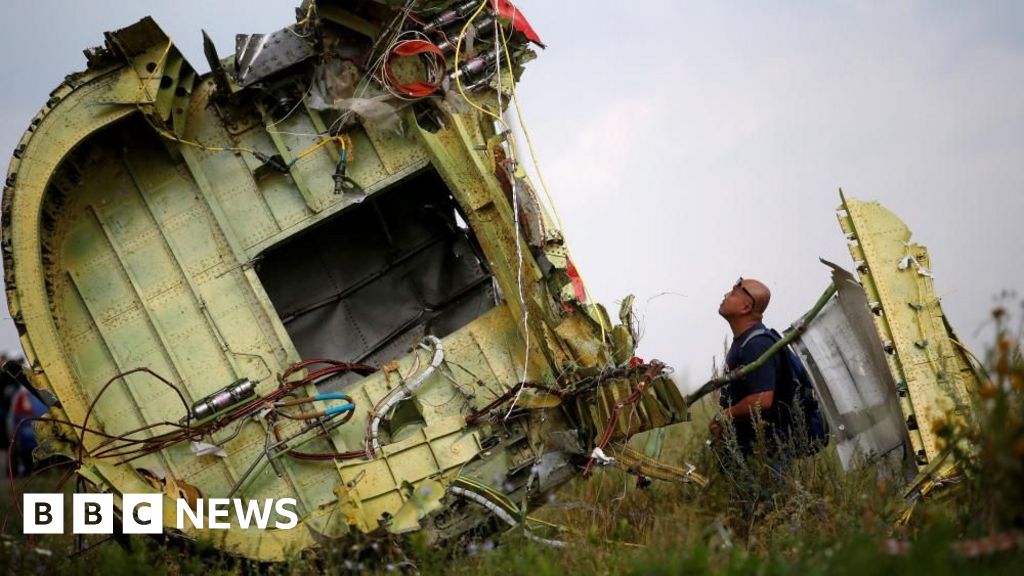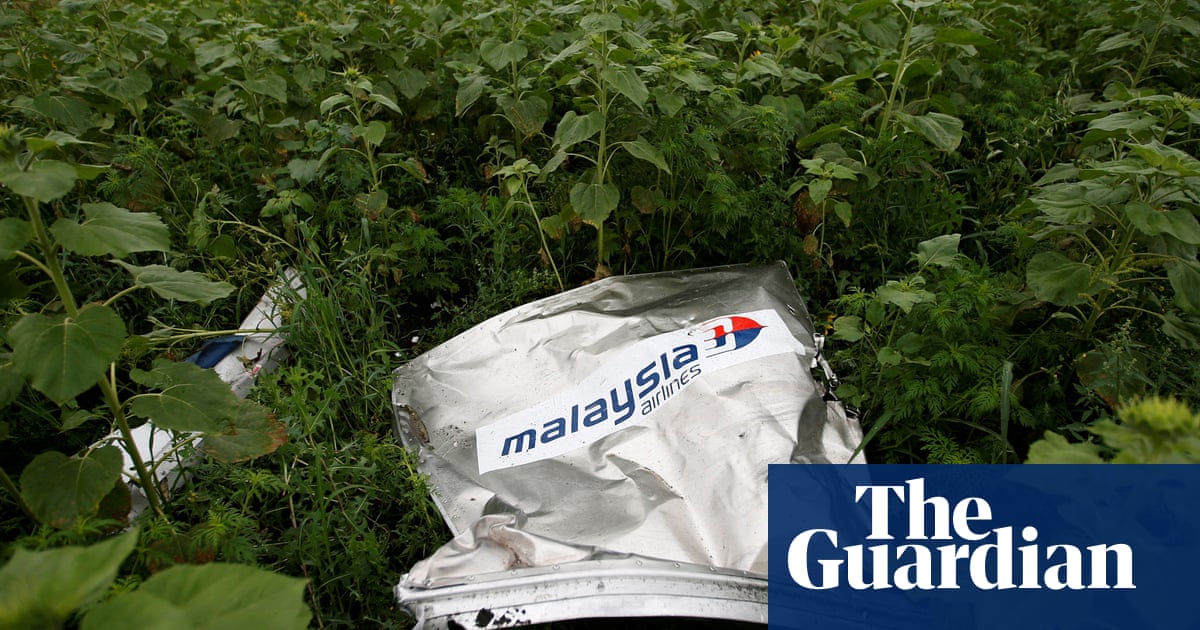International Civil Aviation Organization Finds Russia Responsible for MH17 Downing
The International Civil Aviation Organization concludes Russia's role in the downing of MH17, paving the way for potential reparations to victims' families.
Subscribe to unlock this story
We really don't like cutting you off, but you've reached your monthly limit. At just $5/month, subscriptions are how we keep this project going. Start your free 7-day trial today!
Get StartedHave an account? Sign in
Overview
The ICAO determined that Russia is responsible for the 2014 downing of Malaysia Airlines Flight MH17 over Ukraine, which killed 298 individuals. This marks the first ruling where the council adjudicated a dispute between nations. The Netherlands and Australia have called for reparations and negotiations with Russia, which has historically dismissed responsibility. The ICAO's verdict stands to reinforce international law by holding states accountable for military actions against civilian aircraft.
Report issue

Read both sides in 5 minutes each day
Analysis
- The International Civil Aviation Organization (ICAO) has ruled that Russia is responsible for the downing of Malaysia Airlines Flight MH17, leading to a call for reparations from the families of the 298 victims.
- International aviation law mandates that states must refrain from using weapons against civil aircraft, a violation the ICAO concluded Russia committed by supplying the missile that shot down Flight MH17.
- Australia and the Netherlands, who brought the case to the ICAO, welcomed the ruling as a significant step towards justice and accountability, arguing that states cannot act with impunity against international law.
Articles (6)
Center (3)
FAQ
The ICAO Council concluded that Russia's actions violated the Convention on International Civil Aviation, known as the Chicago Convention, which prohibits states from using weapons against civil aircraft in flight.
The Netherlands and Australia are requesting that the ICAO Council order Russia to enter into negotiations regarding reparations and that the Council facilitate this process.
The ruling reinforces international law by holding states accountable for military actions against civilian aircraft, setting a precedent for future cases.
This marks the first time in ICAO's history that its council has issued a determination on the merits of a dispute between nations.
History
- This story does not have any previous versions.




